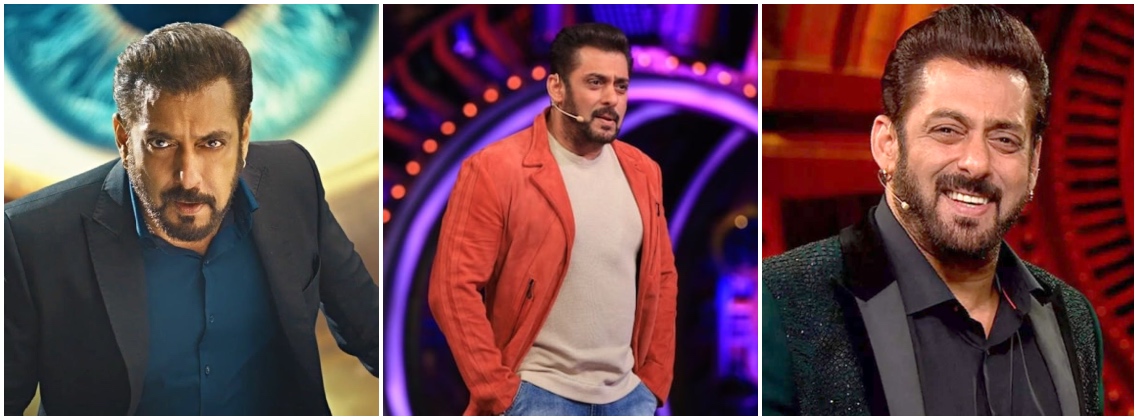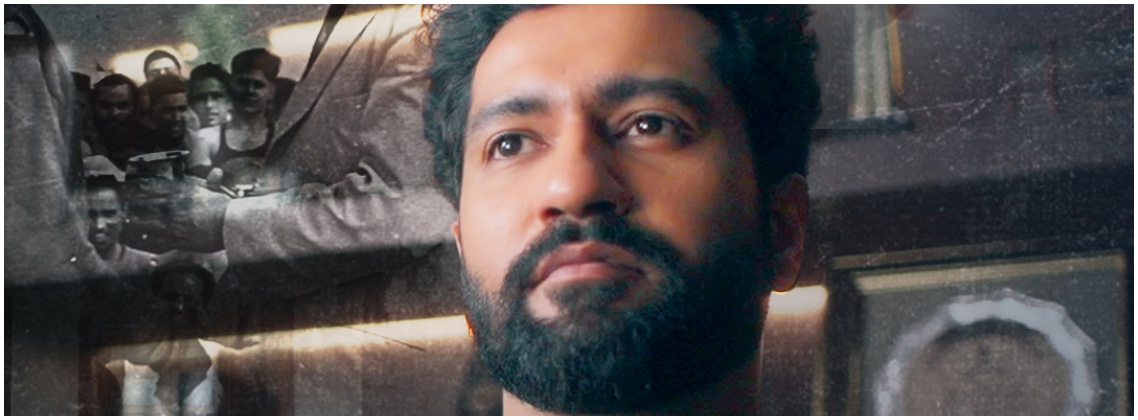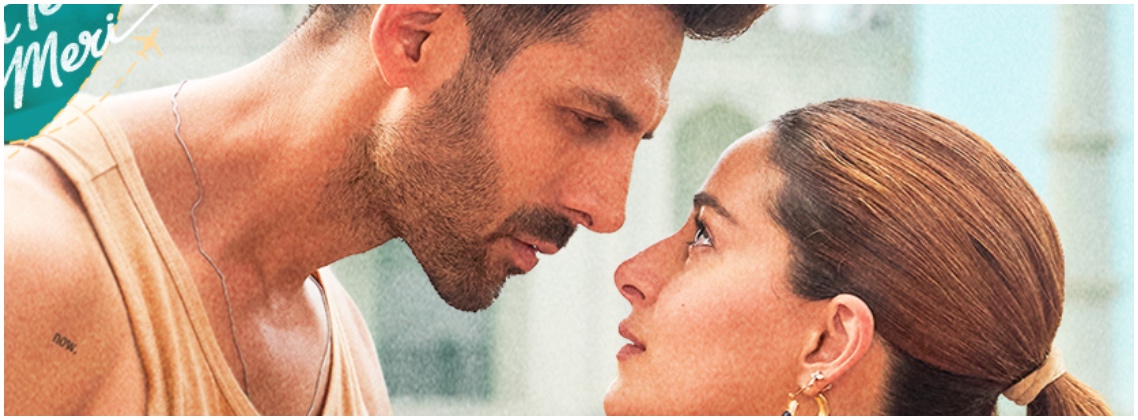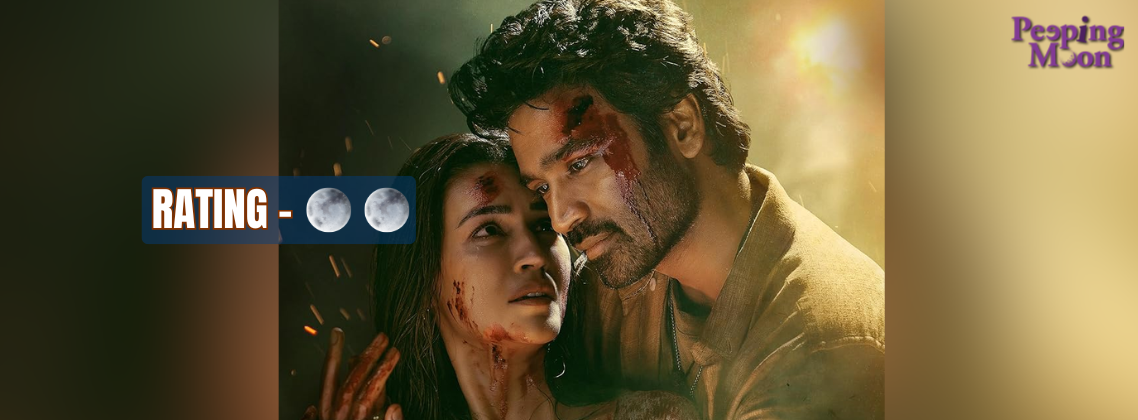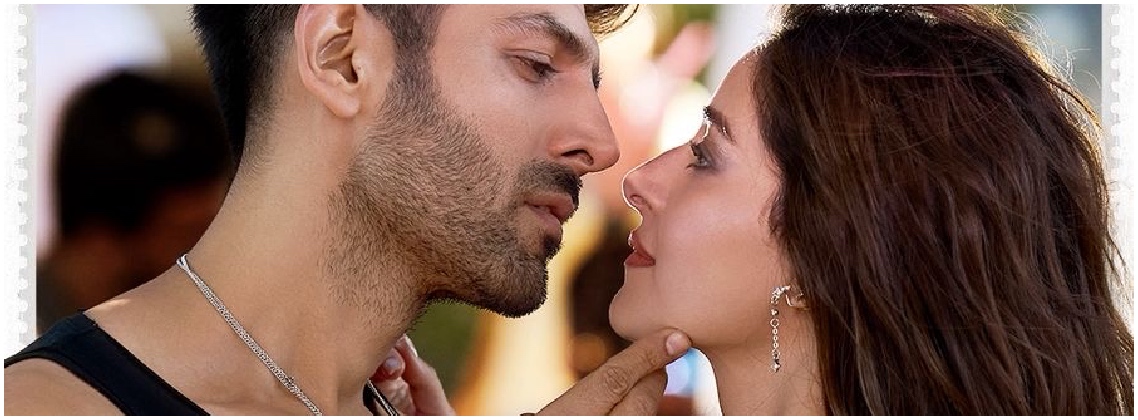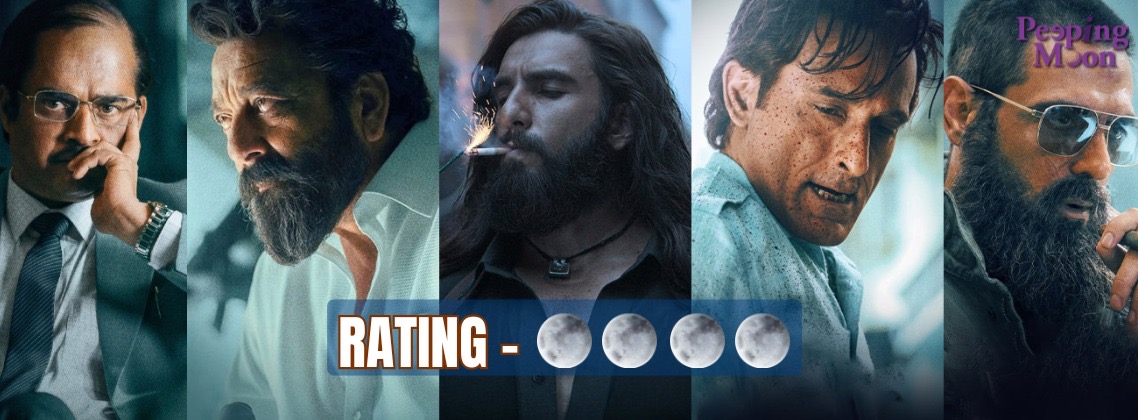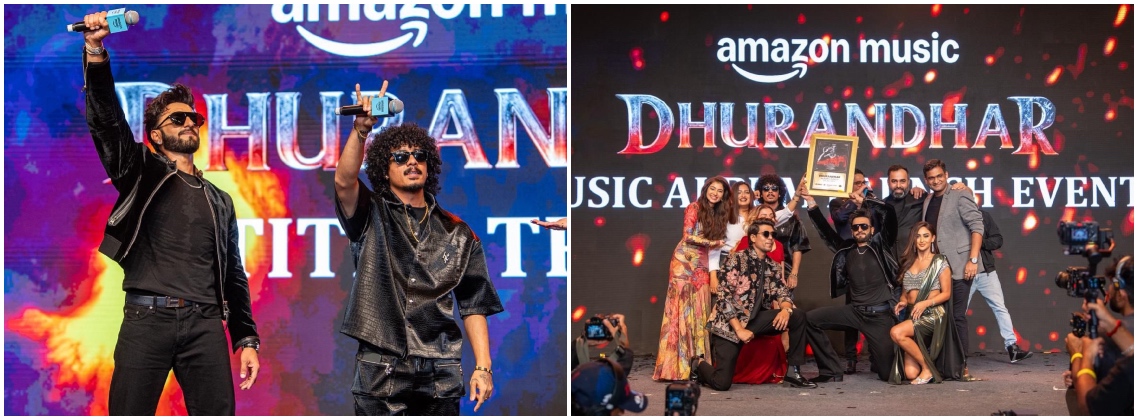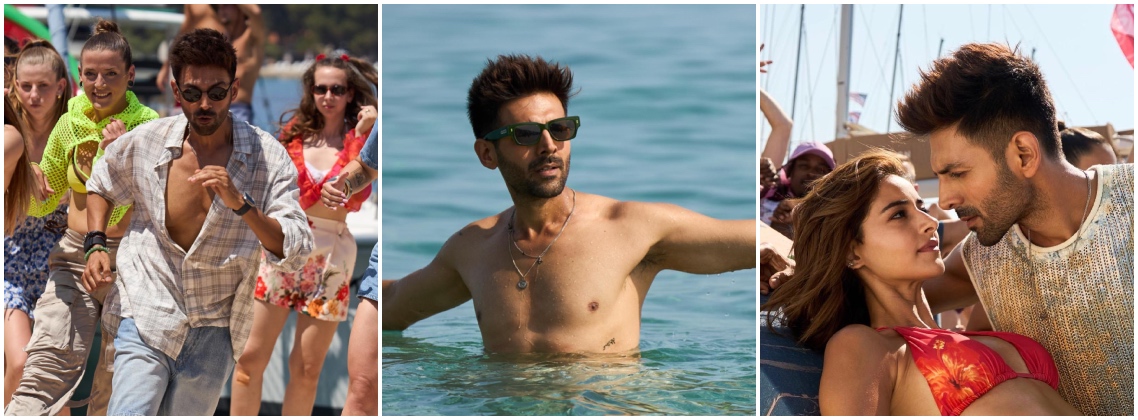Hollywood can keep its Spielberg, Tarantino, Scorsese, Cameron, Nolan, Lucas, Kubrick, Scott and Coppola. Bollywood has Karan Johar. We’ve had him for 20 whole years today, in fact, since he joyously burst onto the scene with energetic chartbusting songs in his iconic directorial debut on campus relationships and grown-up love – Kuch Kuch Hota Hai.
I saw the film soon after its release in October 1998. And 20 years later, I still remember the scenes, every dialogue, all the songs. That is Karan’s USP. He gets viewers to have their own affair with his films. He encourages people to identify with the characters. Connect with the story. And he takes the magic of his film, the heartbeat of its innocence, glamour (not opulence, that’s Sanjay Leela Bhansali), romance and drama to the audience from where you spread it out into the world. Karan himself told me in one of my many interviews with him, “The final marketing of a film is the film itself – word of mouth.”
[caption id="attachment_150685" align="aligncenter" width="666"] A still from Kuch Kuch Hota Hai[/caption]
A still from Kuch Kuch Hota Hai[/caption]
It is true. In 1998, when there was no social media and aggressive marketing to hype up films, the audience did the job. Karan recognised that at the start of his innings. And thereafter he made films for the people. Whose talking points were not the actors, but their situations and crises. The happy but sometimes tearful endings. And whose takeaways were the songs and the simple but bold message behind two-hours-plus of riveting screen time.
He made the audience believe that you can maintain the traditional ethos of your culture and remain Indian even while aping a Western lifestyle. He taught us that homes break as easily as hearts, that lust and infidelity have a place in society, that the rule of any game is the passion you bring to it, and that everybody has the right to dream and fall in love – even terminally ill people with a short lease on life.
But now when he sees these same path-breaking films, especially Kuch Kuch Hota Hai, Kabhi Khushi Kabhie Gham and Kabhi Alvida Naa Kehna which he wrote and directed, Karan wonders what he was thinking of when he made them! “I wonder why did I write this, how did I write this, from where did these thoughts come to my head,” he told me. I asked Karan why he made such films. And he replied, “Because I don’t know what else to do! Where else can you cry, sing and dance and yet be at work?”
Twenty years since Kuch Kuch Hota Hai and neither Karan nor Dharma Productions show signs of ageing. He’s still playing with love because he believes it is the most powerful emotion known to man. But the genre of his canvas has expanded. And six years after Ae Dil Hai Mushkil, Karan is returning to direction with Takht in 2020, a period action-drama from the Mughal era. “I have a basic instinct kind of thinking towards films,” Karan once told me, “and I want to expand my base and make new kind of films, something different from my sensibilities.”
[caption id="attachment_150687" align="aligncenter" width="570"] The muhurat shot from the sets of KKHH (Archives)[/caption]
The muhurat shot from the sets of KKHH (Archives)[/caption]
Meanwhile, he’s had the courage of his conviction to let other directors from Dharma Productions helm such big projects as Kal Ho Naa Ho, Dostana, Kurbaan, Agneepath, Kapoor and Sons, Humpty Sharma Ki Dulhania and develop their own reputations. Among them Ayan Mukherji, Punit Malhotra, Shakun Batra, Karan Malhotra, Shashank Khaitan and Abhishek Varman. “They have a certain looking-forward-to-in-life, there is a sense of achievement about them, whereas I have come of age, I’m too mature and cynical,” Karan said. He makes himself available. To see the footage of their films. To hear the songs. To make sure the directors are not a ‘Me Too’ version of himself. “But otherwise the film is their voice, their vision, their core conviction forms its body. I give the film my good wishes and energy. They have to find its soul,” he said. Which is true, again.
[caption id="attachment_150688" align="aligncenter" width="635"] Karan Johar on the sets of Ae Dil Hai Mushkil[/caption]
Karan Johar on the sets of Ae Dil Hai Mushkil[/caption]
And thank you for 20 years of great cinema.



